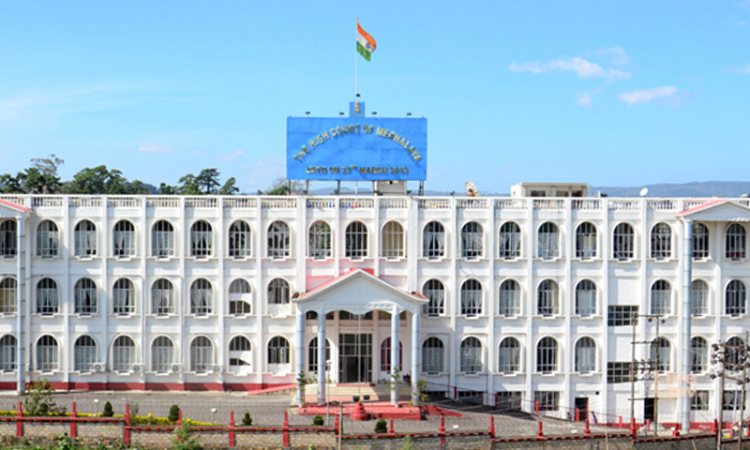The Meghalaya High Court has held that petition under Section 482 of the Code of Criminal Procedure before it challenging Domestic Violence Act proceedings is maintainable.In this case, it was contended that the proceedings under the DV Act, 2005 are purely civil in nature and the relief contemplated under Sections 18 to 22 are civil reliefs with no criminal liabilities and as such, the...

